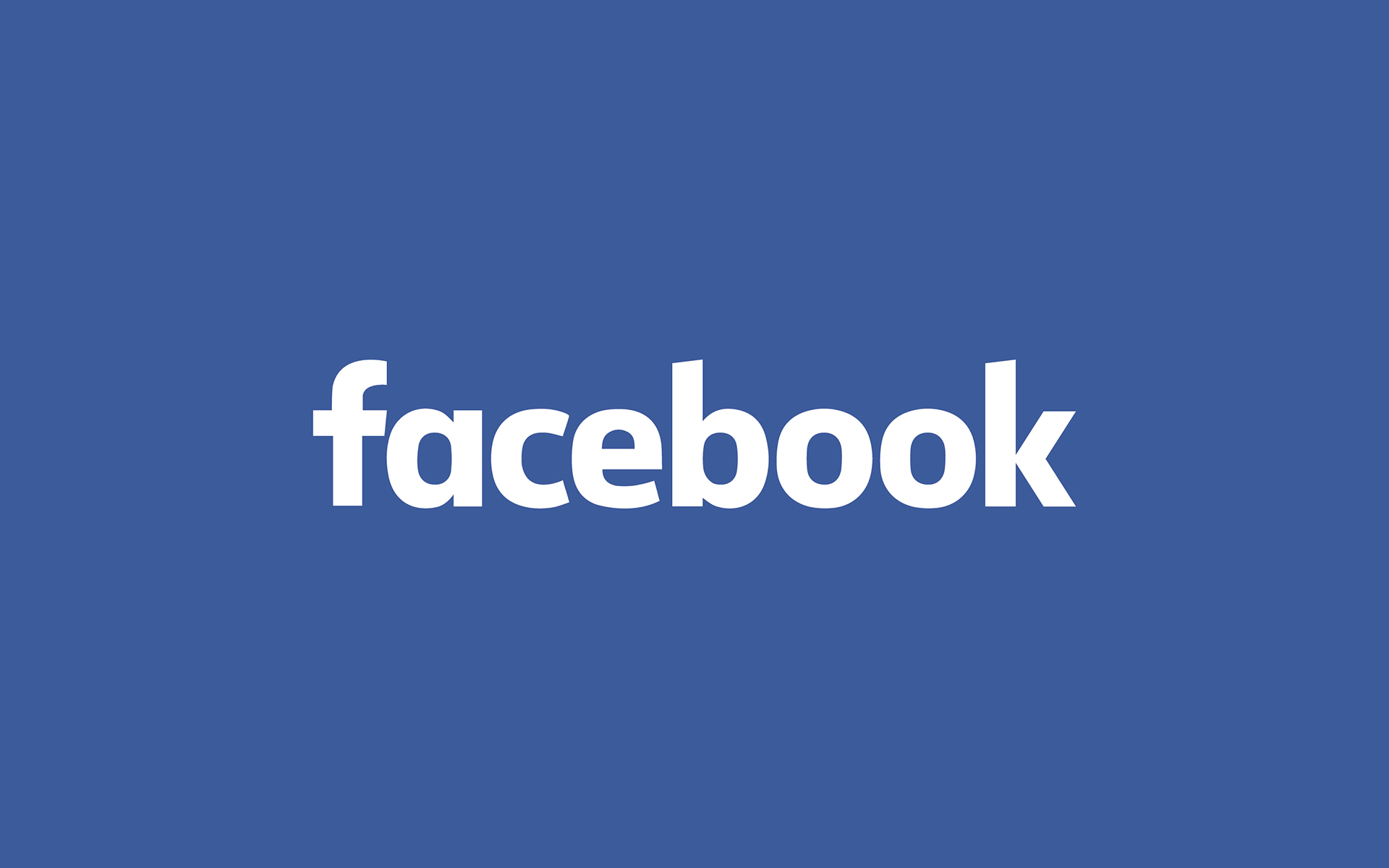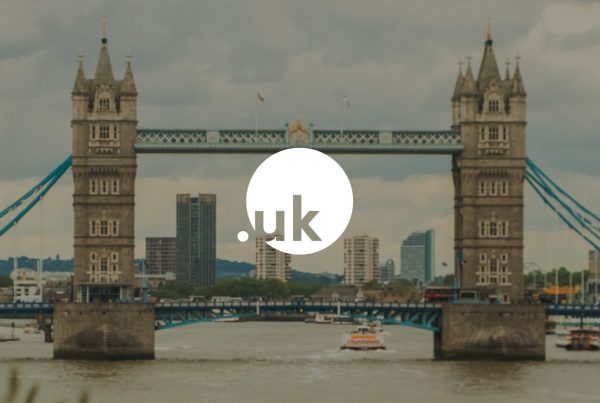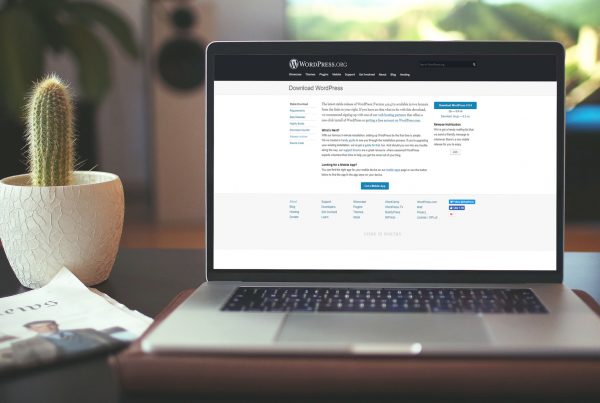You know how hard it is to explain to your parents, or grandparents how technology works, sometimes it can be an easy enough, but sometimes (most the time) it can be a mammoth task and quite frustrating. This is how I felt last night when I was sat at home with my coffee watching Mark Zuckerberg testify in front of Congress about the recent data breach involving Facebook and Cambridge Analytica.
For those reading this who are unaware of what has happened; Facebook inadvertently allowed the profiles containing personal information of up to 87 million people around the world to be collected by a political data-mining firm called Cambridge Analytica.
Video Credit: The Guardian
The information collected, which included political beliefs, interests and friend’s interests was collected by a personality quiz app developed by Cambridge University researcher Aleksandr Kogan who then passed on the information collected to Cambridge Analytica. Kogan has said that he was assured by Cambridge Analytica that move to hand over the information was perfectly legal. Cambridge Analytica former employee and whistle blower, Christopher Wylie, told The Observer that the data Kogan obtained was used to influence the outcome of the US presidential election, which is where the problem starts.
44 senators took part in the 5-hour grilling of Zuckerberg, all of which showed very little understanding of technology and Facebook as a product. The whole thing seemed a little disorganised. Many of the senators were struggling to grasp how Facebook collected its data in the first place and how it made its money; something, I thought they should have known prior to this meeting. There should have been more forward planning for this interrogation, so Senators could ask the right questions to get the information that us users didn’t already know.
In their defence, each senator was given less than five minutes to question Zuckerberg, which to me, is far from enough time; especially when you’ve got Zuckerberg dancing around questions with long winded mission statements and his beliefs. Some questions he seemed composed and answered well, but apart from that he just avoided the questions with a reply which involved his team following up with the facts and figures (they’re going to be extremely busy in these coming weeks).
Through-out the 5 hours of questioning, there were a few times in the hearing that did highlight some key (and in some cases, concerning) points that I want to share because I feel they are important for people to know about.
Zuckerberg made it quite clear that the idea of a paid, ad-free version of Facebook could be on the cards. Given how Facebook works as a business, collecting information from its users is key to effectively run its advertising service. The only real way we could have an ad-free version of Facebook is probably through a subscription-based service. Zuckerberg was asked whether he still pursued Facebook being a free service which Zuckerberg said at a meeting back in 2010, to which Zuckerberg replied, “There will always be a version of Facebook that is free.” The key word in that quote is version, which seems to indicate that there is room for the idea of a paid way to get access to an ad-free Facebook experience.
This leads me on to another interesting point from the hearing. Zuckerberg was asked to name Facebook’s biggest competitors, he couldn’t, and that’s because there isn’t really anything else like Facebook out there. From a business point of view, there is nothing else we can turn to as a company that would fill that hole. It’s no secret that Facebook has helped people and companies reach heights that wouldn’t have been possible without Facebook, but because of that, it has become so integrated into our lives that we have no real choice but to use it. We seem to be stuck in a Facebook rut with no real alternative to turn to. Facebook doesn’t have any competition, and in my opinion, that is a problem. This lack of competition gives Facebook a huge monopoly, especially when you consider Facebook also owns Instagram.
Now it’s time to pull out your finest tin foil fedora because we’re going to tackle one of the most famous tech industries conspiracy theories.
Since I can remember there have always been rumours about how Facebooks ad service is so effective. One theory is that the company listens in on your conversations through the microphone of your mobile phone. One senator actually asked Zuckerberg whether this rumour was true. “Yes or no, does Facebook use audio obtained from mobile devices to enrich personal information about users?” he asked. “No.” Zuckerberg said.
You can read Zuckerberg’s full answer here:
“Senator, let me get clear on this, you’re talking about this conspiracy theory that gets passed around that we listen to what’s going on on your microphone and use that for ads. To be clear, we do allow people to take videos on their devices and share those, and videos have audio, so we do while you’re taking a video, record that and use that to make the service better by making sure your videos have audio, but I think that is pretty clear. But I just wanted to make sure I was exhaustive there.”

The final part of the hearing I want to highlight, is when Zuckerberg got asked about the storage of personal data and whether Facebook sell this personal data to third part companies.
“There’s a very common misconception that we sell data to advertisers. We do not sell data to advertisers.” Zuckerberg said. Followed by, “What we allow is for advertisers to tell us who they want to reach, and then we do the placement… That’s a very fundamental part of how our model works and something that is often misunderstood.”
Having personally used the advertising system on Facebook, I can say that this does make sense. While setting up an advert on Facebook, there is no indication that any information is passed through any form of third party in the process. You can specifically answer certain questions to reach your target audience, such as gender, age and interests. But as with everything in this whole hearing, we only have Mark Zuckerberg’s word to go by.
I consider myself quite internet and technology savvy and I know that everything I put on social media is on the internet, and ultimately everyone has access to that content, whether I want them to or not. The hearing continues today, if anything of interest crops up I’ll be sure to post a blog about it tomorrow.
So, what should you and your company do considering this whole scandal? Should you delete Facebook? Probably not, because as I mentioned before, Facebook has cemented itself in our lives both on a personal and business level; and from a business perspective, you will fall behind your competitors who continue to use Facebook simply because Facebook is still a great tool, whether you like it or not.
Was your Facebook data collected by Cambridge Analytica? You can find out here.






